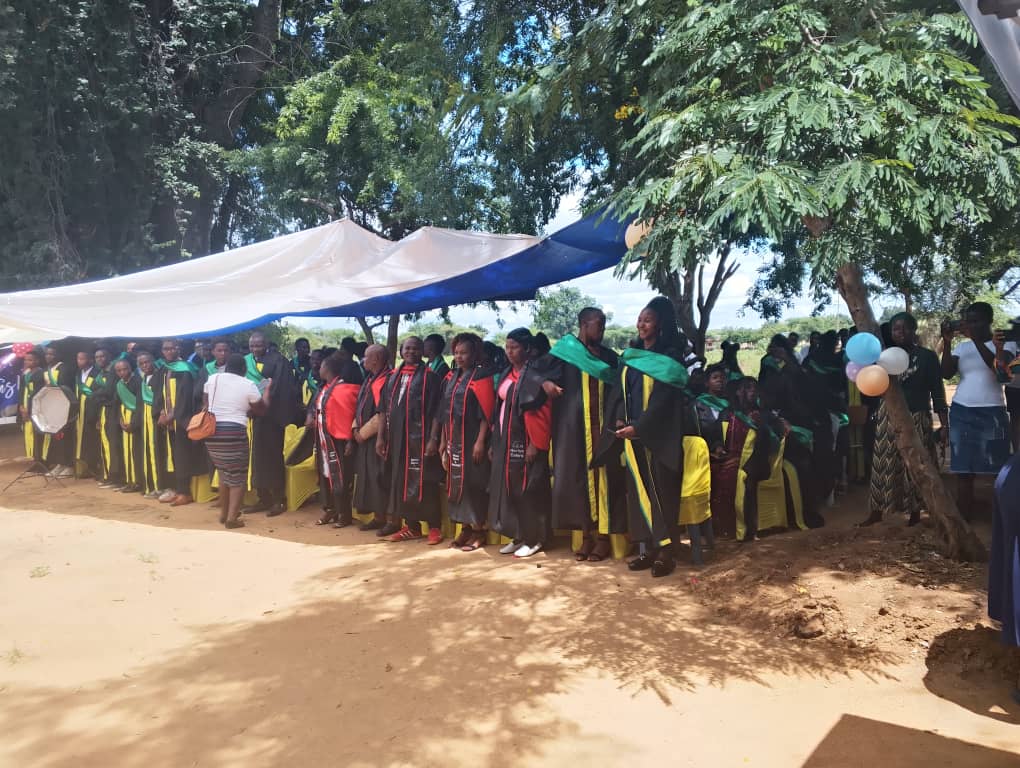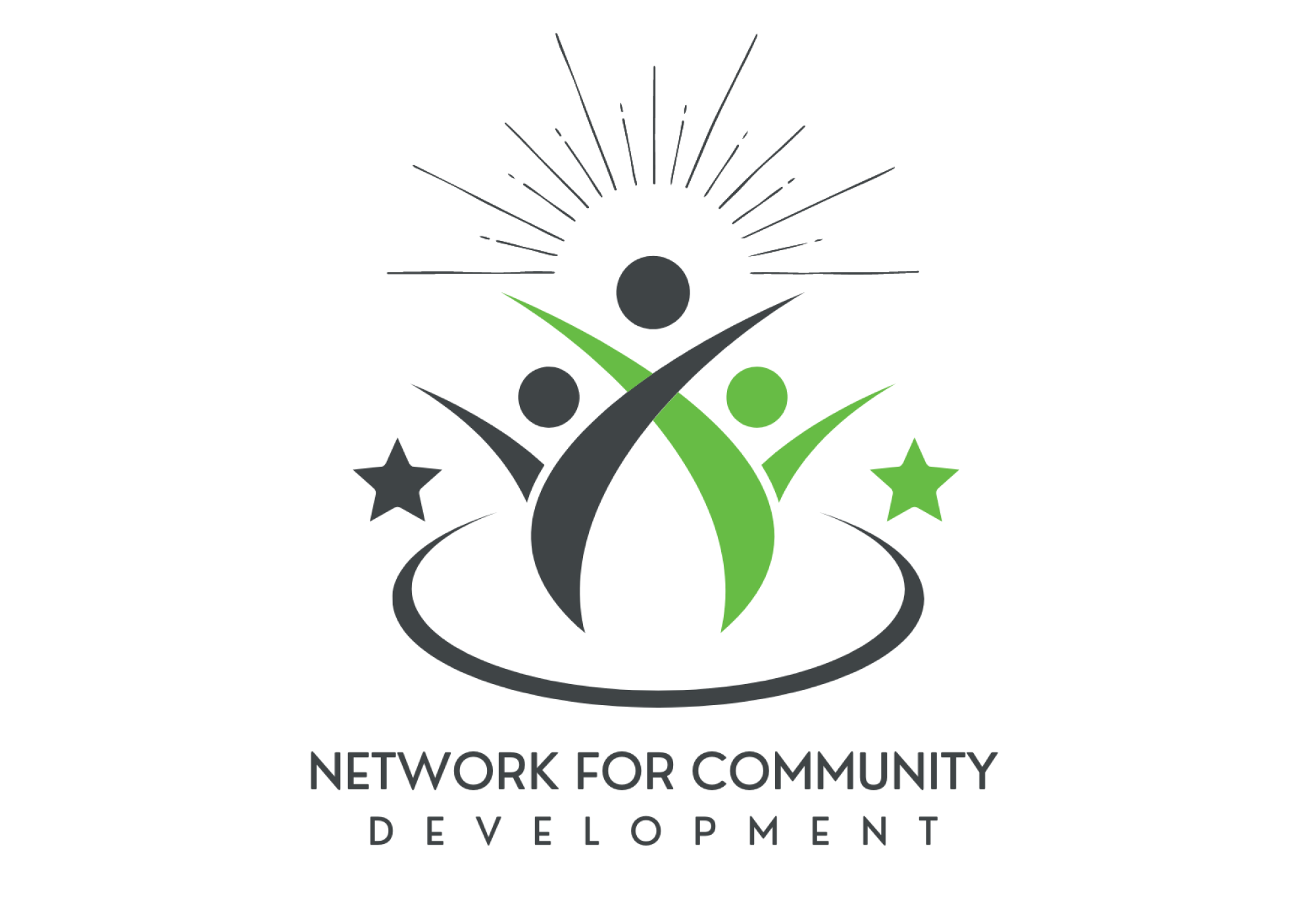By Godwin Makuyana

Introduction: “Beginning Afresh through Vocational Skills Training”
On October 20, 2025, a significant event unfolded in Chipinge District as the Chipinge College of Horticulture, operating under the United Church of Christ in Zimbabwe (UCCZ)‘s Youth Educational Pack (YEP) program, hosted its graduation ceremony. This initiative, owned by the Christian Youth Fellowship (C.Y.F.), was held under the resonant theme: “Beginning Afresh through Vocational Skills Training.” This theme underscores the centre’s mission to equip young people with practical skills, enabling them to start new, productive lives and contribute meaningfully to the national economy.
The event was well-attended by various stakeholders, reflecting the community and national importance placed on vocational education. Notable attendees included the Church President, Reverend J. Matiza, and several ministers; the Board members of the Youth Educational Pack; representatives from the Ministry of Youth and the Ministry of Sports and Culture; staff members; the parents of the graduands; and community members. The distinguished Guest of Honour was Mr. N. Maphosa, the Principal of Chibuwe High School.
A total of 117 students successfully graduated from the Chipinge College of Horticulture. They completed a rigorous one-year course, which includes a crucial practical attachment period taken during their holidays, ensuring real-world exposure and application of skills.
Driving National Vision: Entrepreneurship and NDS1
The Chipinge College of Horticulture has strategically aligned its curriculum with national development objectives. Zimbabwe’s five-year plan, the National Development Strategy 1 (NDS1) (2021-2025), is a focused roadmap towards achieving Vision 2030—an upper-middle-income economy. Key pillars of the NDS1 are enterprise development and job creation, viewed as essential for sustainable and inclusive growth.
In direct support of this national agenda, the Youth Educational Pack Vocational Training Centre has made Entrepreneurship a compulsory module for every student. This critical emphasis ensures that graduates are not merely job seekers but are primarily job creators.
Speaking to the Youth Educational Pack Administrator, he highlighted the profound impact of this module, stating that it has equipped students with a broader range of skills beyond their technical courses. This concept is reinforced through practical ventures, such as the student-managed fish farming project. The Administrator strongly emphasized the expectation that every student graduating from the college will “create their jobs,” having acquired both the theoretical knowledge and practical experience in entrepreneurship while still in training.
Comprehensive Skills for Diverse Sectors
The vocational training centre offers a diverse and relevant array of one-year courses designed to meet various needs across the economy ,Construction, Brick and Block Laying ,Beauty & Wellness,Cosmetology (Hairdressing)Engineering & Technical, Carpentry and Joinery, Motor Vehicle Mechanics, Welding, Auto Electrics ,Textiles, Garment Making Service Industry, Tourism and HospitalityCrucially, ICT (Information and Communication Technology) and Entrepreneurship are mandatory modules integrated across all disciplines. The centre also maintains a strong commitment to protecting the girl child, providing well-maintained and secure girls’ hostels. This commitment ensures an environment conducive to learning and equal opportunity.
The Role of Art and Culture
The graduation ceremony was not just a formal event but a cultural celebration. The trending Muchongoyo traditional dance, performed by the Maronga Community, graced the occasion. This performance highlighted the important function of Art and Culture as a vehicle for behavioral change within the community, specifically used in an attempt to mitigate social ills and promote positive social skills.
Leadership and Values
Reverend J. Matiza, the Church President, delivered a heartfelt congratulatory message, focusing on the character traits necessary for success. He emphasized that the outside world is looking for people who demonstrate excellence and passion in their work. The Reverend underscored the importance of honesty and good conduct, urging graduates to display these qualities to build trust with neighbors and friends. He stressed that the college instilled not only technical skills but also humility and good behavior, positioning the graduands as positive role models.
The YEP Administrator, Mr. Ngwenya, in his address, congratulated all the graduands and lecturers. He profoundly stated that the most important element of youth education is to impart knowledge without distinction based on race, class, or background.
Education 5.0, Gender Equity, and Practical Projects
Mr. Ngwenya reiterated the importance of vocational education and training in Zimbabwe, noting its perfect fit with Education 5.0. This modernized educational philosophy emphasizes production and services within the framework of innovation and industrialization, aiming directly at creating the human capital needed for an upper-middle-income society by 2030.
The centre actively champions gender equity and equality. This was powerfully demonstrated by the number of female students training and graduating in traditionally male-dominated courses like Motor Vehicle Mechanics and Welding. Furthermore, to deepen practical learning, departments now undertake all renovations and constructions in-house, eliminating the need for external contractors—a highly effective form of on-the-job training.
Beyond fish farming, the compulsory Entrepreneurship and ICT modules are complemented by various thriving, student-managed projects, including poultry, goat rearing, and tuck-shop running.
One female student’s success story resonated deeply; she expressed excitement about graduating as a motor mechanic, breaking a family tradition. Her achievement stands as a powerful testament to the promotion of gender equality and the progressive ideals of Vision 2030.
Motivation and Call to Action
The Guest of Honour, Mr. N. Maphosa, highly commended the church’s proactive role in working towards the attainment of Vision 2030. He motivated the graduands to fully utilize their acquired skills and techniques to excel in life, emphatically stating that “education is power.” Mr. Maphosa also took the opportunity to address the critical national issue of drug and substance abuse, which has become a national threat, encouraging the graduates to channel their energy into starting their own businesses using the courses, ICT, and Entrepreneurship skills they have gained.
Recommendations for Sustained Growth and Impact
To maximize the long-term impact of the Chipinge College of Horticulture and ensure its continued contribution to youth empowerment and national development, the following recommendations are crucial .Establishment of a Graduate Incubation Hub and Seed Funding: While entrepreneurship is compulsory, the step from idea to operational business is challenging. The centre should establish a Vocational Incubation Hub to provide mentorship, shared workspace, and access to a dedicated Seed Capital/Start-up Loan Fund. This fund would provide small, low-interest loans or grants to high-potential graduates to launch their first businesses, thus accelerating actual job creation.Formalize Industry and Private Sector Partnership, Move beyond informal attachments by forging formal Memoranda of Understanding (MOUs) with major local and national industry players. These partnerships should serve two purposes: guaranteeing high-quality, relevant attachment placements and creating a preferred pathway for the recruitment of YEP graduates, ensuring the curriculum remains responsive to market demands.Curriculum Diversification in High-Growth Areas,While current courses are relevant, future-proofing the curriculum is vital. The centre should invest in training and equipment to introduce courses in emerging, high-demand sectors such as Renewable Energy (Solar Installation and Maintenance), Modern Plumbing and Tiling, Advanced Digital Marketing, and Computerized Numerical Control (CNC) Operation.Expand Infrastructure for Increased Reach,To accommodate more students and maximize impact, the college needs investment in expanding its physical infrastructure, including building larger and more specialized workshops, lecture rooms, and increasing the capacity of the student hostels, particularly for female students, to uphold the commitment to gender equity and protection.Develop a Graduate Tracking and Mentorship Program,Implement a systematic program to track the employment status and entrepreneurial success of graduates for the first three to five years post-graduation. This data is essential for impact assessment, refining the curriculum, and establishing an active Alumni Mentorship Network where successful graduates mentor new entrepreneurs.












